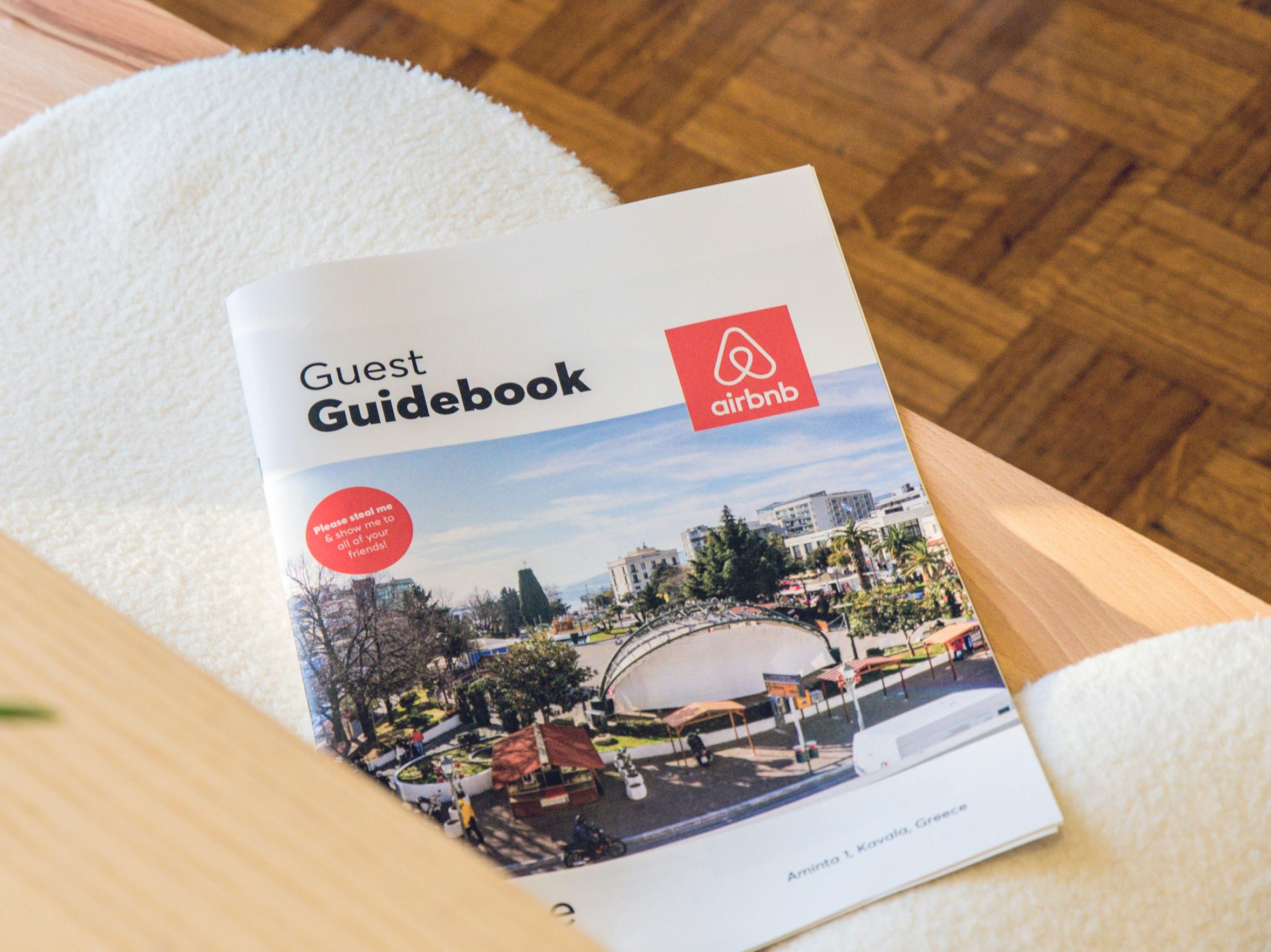Visa Stock Analysis: Is Visa a Strong Opportunity Ahead of Q4 Earnings?
$325.48
28 Jan 2026, 19:25

Pexels.com

Rising competition, falling bookings, and tighter regulations challenge the short-let giant
A Global Travel Giant Facing Local Headwinds
Airbnb transformed global travel, turning spare rooms into business opportunities for over 5 million hosts and welcoming more than 2 billion guests. But now, cracks are beginning to show.
In the UK and beyond, hosts are reporting falling bookings, tighter rules, and rising competition. Some are exiting the market altogether. So, is the Airbnb boom over?
Falling Bookings and Lower Profits
Many UK hosts are feeling the pressure. Higher platform fees, price sensitivity, and increased local competition are forcing some to slash prices just to stay booked.
Claire, a long-time London host, said her earnings have dropped to 2014 levels:
“I’m 90% booked if I drop prices, but after bills and cleaning, I’m barely breaking even.”
Other hosts echo the same concerns—more last-minute bookings, reduced weekend premiums, and tighter council-imposed limits like London's 90-day annual cap on entire-home rentals.
Rising Regulation Across Europe
Governments are stepping in. Popular cities like London, Edinburgh, Paris, Prague, and Barcelona are placing limits on short-term rentals to ease housing pressures and reduce over-tourism.
Barcelona plans to eliminate short-let licences by 2028, aiming to return 10,000 properties to the residential market. Prague’s new draft law could cap rental days and impose stricter standards on Airbnb-style properties.
In the UK, HMRC has increased its investigations into undeclared rental income, with nearly 2,000 hosts under review in 2025 alone.
Is Airbnb Being Unfairly Blamed?
Cornwall is often cited in debates around housing and tourism. Yet a report commissioned by Airbnb claims the platform has minimal impact on housing availability across most of the UK.
Local councillor Oliver Monk noted that “Airbnb” has become shorthand for all short-term lets—regardless of which platform is used.
“It’s become a catch-all term, even for listings on other platforms,” he said.
He added that the housing crisis is about more than just holiday lets:
“The system simply doesn’t build homes fast enough.”
Airbnb vs Booking.com: A Growing Rivalry
Airbnb is no longer the only major player. Booking.com now claims to be two-thirds its size in the alternative accommodation sector, with over 7.8 million non-hotel listings.
This increased competition—combined with more hotels and aparthotels in urban areas—means Airbnb hosts must fight harder to attract guests, especially in off-peak seasons.
A Challenging Investment
Despite a recognisable brand and strong revenue growth, Airbnb’s share price has been volatile. Since going public at $68 per share in 2020 and peaking at $165, it now trades around $133—below its debut-day price.
Dan Coatsworth of AJ Bell describes it as a “frustrating share to own”, highlighting challenges in maintaining consistent earnings and keeping hosts engaged.
The Future: Adapting to Longer Stays and New Markets
Not all is lost. Airbnb is seeing increased interest in long-term stays—bookings over 30 days now make up at least 17% of its revenue.
Daniella Bianchi of Interbrand believes the brand still has huge growth potential:
“They’re part of the cultural zeitgeist, and their founders are still young. There’s room to evolve.”
Conclusion: Rebalancing, Not Bursting
The short-term rental market is evolving, not collapsing. While some hosts are exiting and regulations are increasing, demand for flexible stays remains strong—on Airbnb and rival platforms.
Airbnb must now adapt to a more mature, regulated market with smarter pricing, improved host support, and longer-term offerings. The brand’s next chapter will depend on how well it balances innovation with sustainability—for both travellers and communities.
Sources: (SKY.com, ChatGPT)